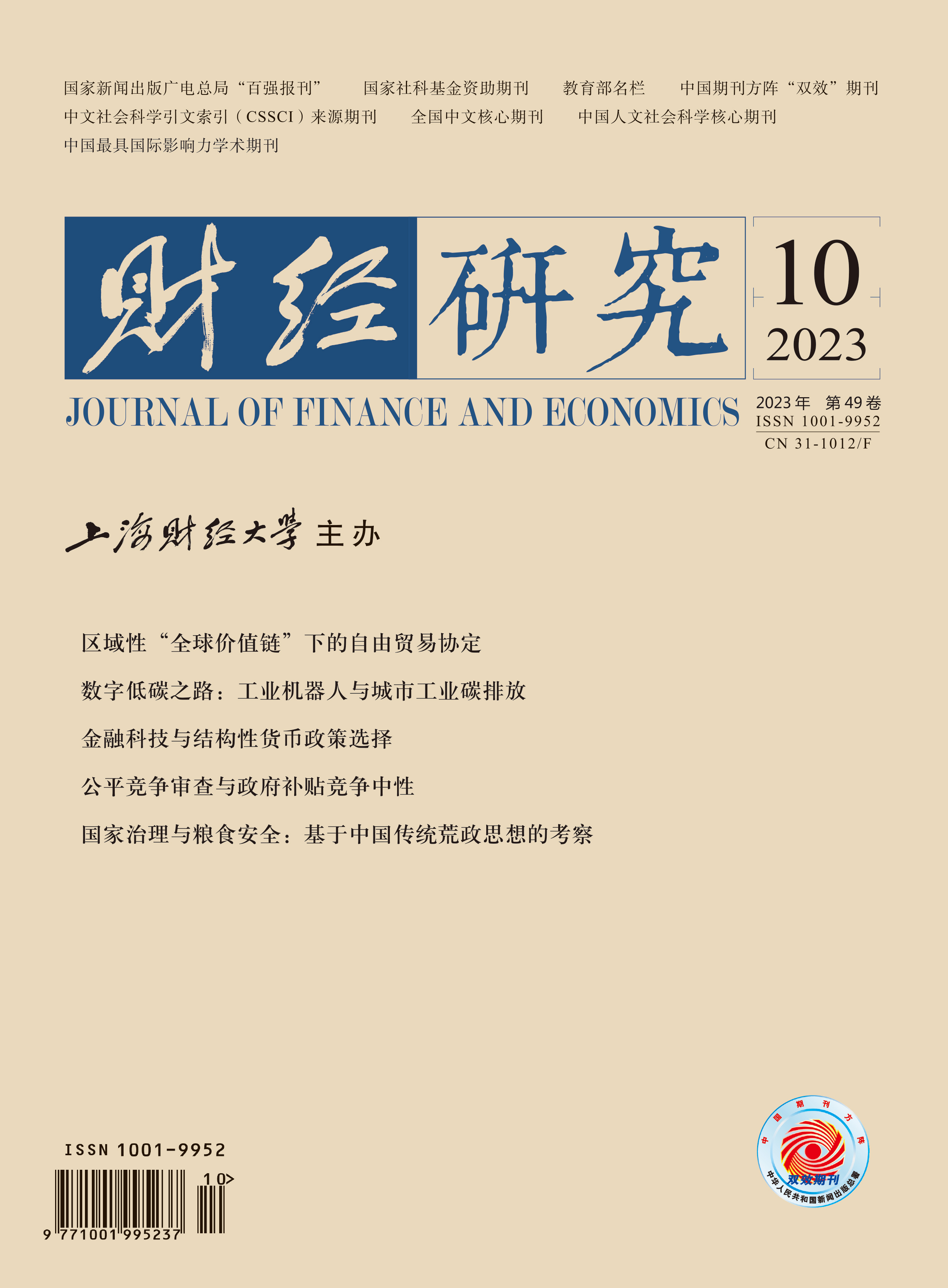The acceleration of population aging in China has led to a continuous decrease in the working-age population, and the structural problem of matching employment with job positions has become more prominent. The low quality of employment matching means that the human capital of individuals and society cannot be fully utilized, which will lead to losses of productivity. One reason for this is the existence of search frictions in the process of job hunting. Due to the information asymmetry between labor supply and demand sides, job seekers may fail to find positions that match them. Under the current labor market conditions of segmentation and imperfect competition, social networks play an important role in the process of job search, except through market channels such as recruitment information and intermediaries. This paper mainly focuses on how social networks can affect employment matching quality by reducing job search frictions.
Based on the theoretical model, this paper analyzes the impact mechanism of social networks on employment matching quality. It is found that the information transmission, interpersonal trust enhancement and financial facilitation functions of social networks can help to reduce search frictions and improve employment matching quality. Then, this paper conducts empirical research on rural populations in 2018 using the data from CFPS, and measures employment matching quality using the indicator of overeducation. It is found that social networks can help to reduce the probability of overeducation and improve the efficiency of human capital allocation. This conclusion is robust to the estimation results using whether there is a family tree or genealogy, and the number of relatives and friends visited during the Spring Festival as instrumental variables. Finally, mechanism analysis shows that social networks mainly affect employment matching quality through information transmission and interpersonal trust enhancement.
The conclusions of this paper reveal that social networks have a significant impact on employment matching quality in China’s labor market. The heterogeneity of social networks among different groups will lead to inequality in employment matching quality. Based on the results of mechanism analysis, this paper proposes the following policy recommendations to improve employment matching quality and reduce inequality: First, improve the public service system for employment and popularize human resource services in the labor market. Second, provide skill training for job seekers to improve their job-searching abilities, especially fresh graduates and unemployed groups. Third, provide allowance for job seekers with financial difficulties in job search.





 5831
5831  6123
6123

